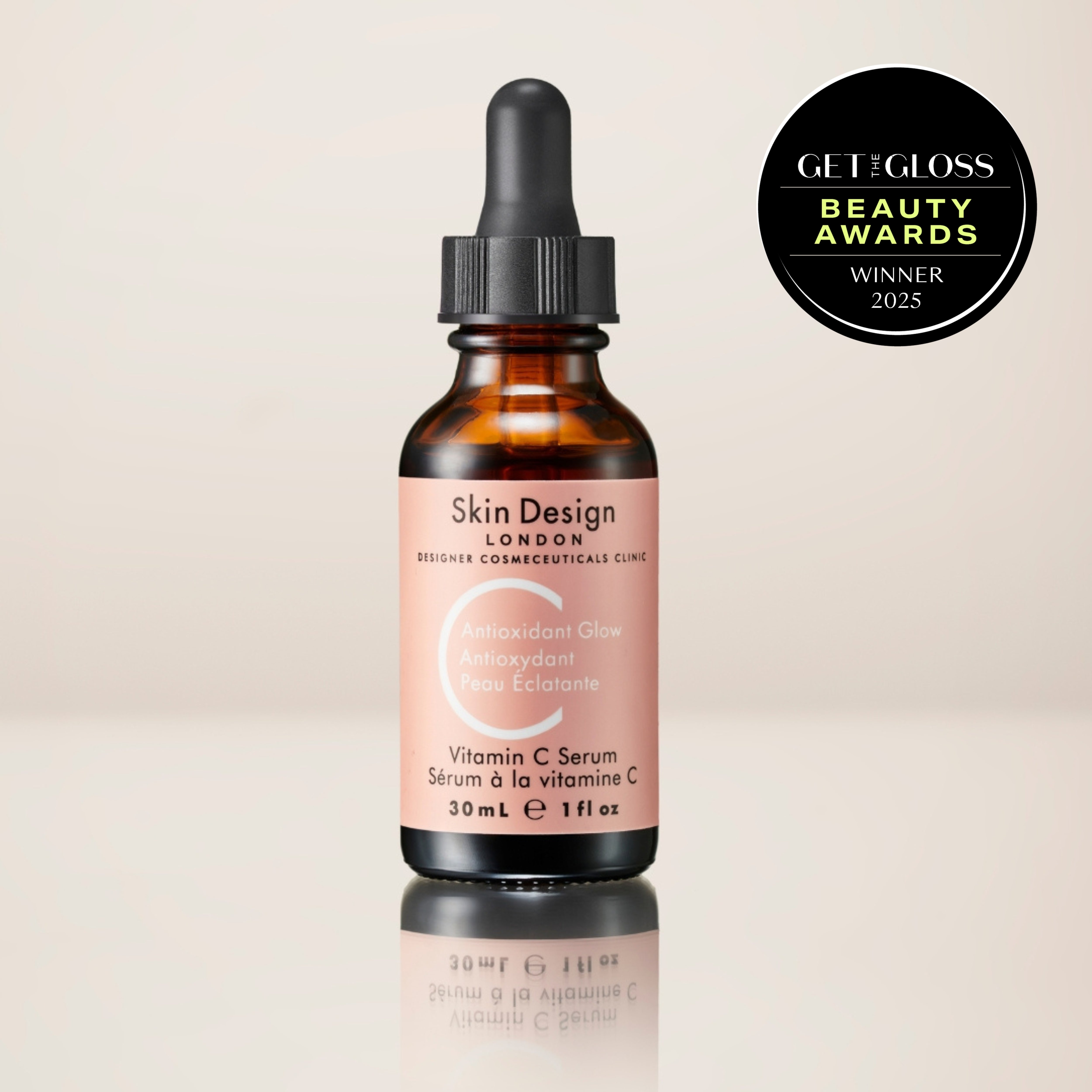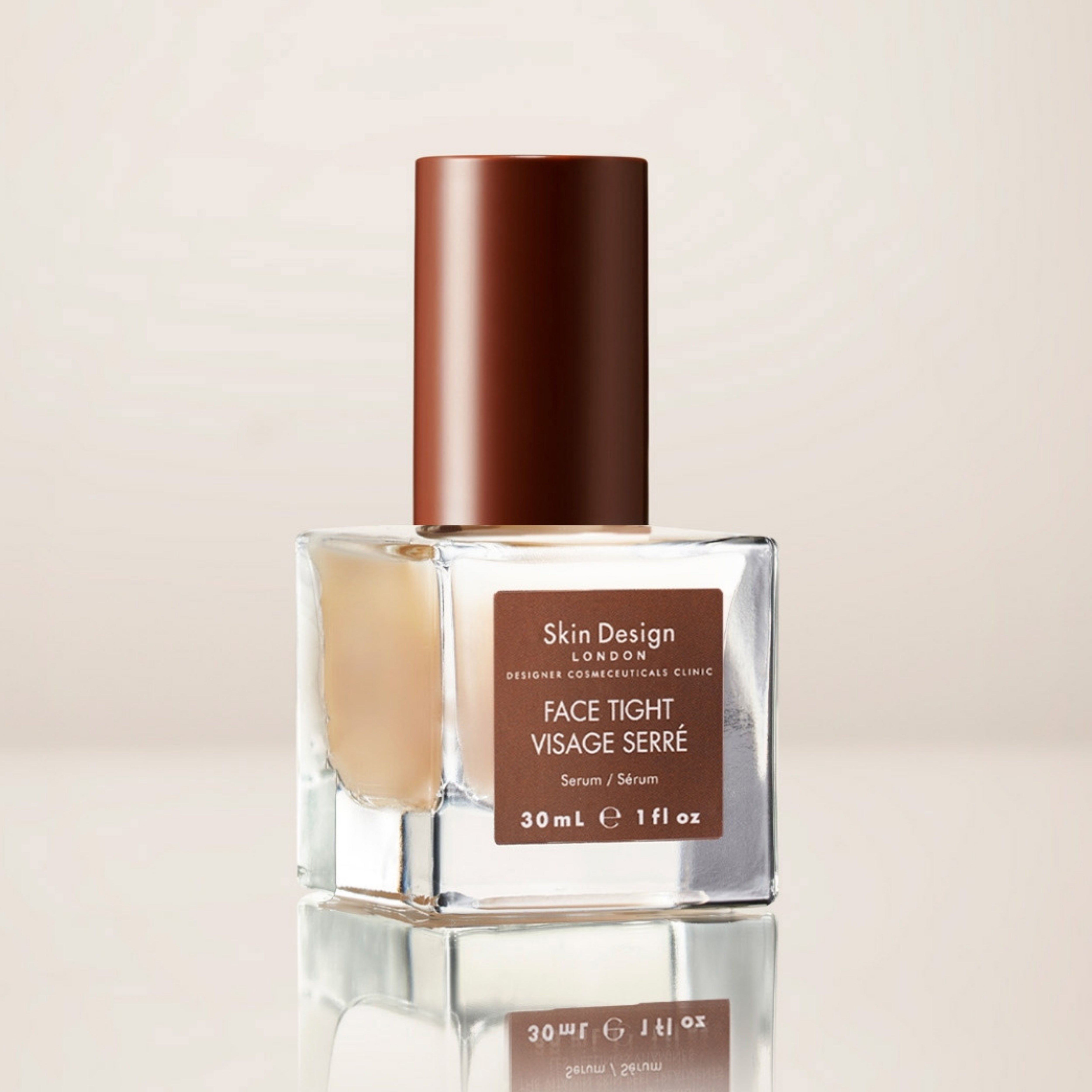Notes by Fatma Shaheen
What exactly is facial swelling or a “puffy face?”
Facial swelling, often referred to as a "puffy face," is a condition in which the face becomes swollen or inflamed due to various factors. This swelling can affect different parts of the face, including the cheeks, eyes, lips, and jawline.
What causes it to happen? I.e. allergies, hormones?
- Menstrual Cycle: Hormonal fluctuations during the menstrual cycle can lead to water retention, which may result in a temporarily puffy face.
- Allergies: Allergic reactions to certain foods, medications, insect bites, or environmental allergens can cause facial swelling, often accompanied by itching and redness.
- Infections: Infections, such as sinus infections or dental abscesses, can lead to facial swelling, typically near the affected area.
- Fluid Retention: Fluid retention, also known as edema, can cause the face to appear puffy. This can be related to medical conditions like kidney problems, heart failure, or certain medications.
- Medical Conditions: Some medical conditions, such as thyroid disorders or autoimmune diseases, can cause chronic facial swelling as a symptom.
- Side Effects of Medications: Certain medications may cause facial swelling as a side effect. It's essential to consult a healthcare professional if you suspect this.
- Lifestyle Factors: Overconsumption of salt, alcohol, or lack of sleep can contribute to temporary facial puffiness.
Why is it so common to wake up with a puffy face?
Waking up with a puffy face is a common occurrence and can be attributed to several factors:
- Fluid Retention: During the night, your body may retain fluids, leading to swelling in the face. This can be influenced by factors such as high-salt diets, dehydration, or hormonal fluctuations.
- Gravity: When you lie down, fluids can accumulate in your facial tissues due to gravity. When you wake up, it takes some time for this fluid to redistribute, which can make your face appear puffy.
- Allergies and Sinus Congestion: Allergies, sinus congestion, or respiratory issues can lead to nasal congestion. This congestion can obstruct the normal flow of fluids, causing puffiness in the face.
- Alcohol and Diet: Consuming alcohol and certain foods, particularly those high in salt, can lead to dehydration and fluid retention, exacerbating facial puffiness.
- Lack of Sleep: Inadequate or poor-quality sleep can affect blood circulation, causing blood vessels to dilate and leading to puffiness in the face.
- Aging: As you age, the skin loses elasticity, and the underlying muscles weaken. This can contribute to a more puffy appearance in the morning.
- Lymphatic Drainage: The lymphatic system helps drain excess fluid from tissues. Sometimes, issues with lymphatic drainage can lead to facial puffiness.
Are some people more prone to facial swelling than others? Why or why not?
Yes, some people are more prone to facial swelling than others, and this can be due to various factors.
- Genetics: Genetics play a significant role in determining an individual's predisposition to facial swelling. Some people inherit genes that make them more likely to experience swelling as a reaction to various triggers.
- Allergies: Allergic reactions can cause facial swelling, and the degree of susceptibility can vary from person to person. Those with allergies to specific substances, such as pollen, certain foods, or insect stings, may be more prone to facial swelling.
- Medical Conditions: Certain medical conditions, like angioedema or chronic sinusitis, can make individuals more prone to facial swelling as a symptom of their condition.
- Infections: Infections, particularly in the facial area, can lead to swelling. Some people may be more susceptible to infections, or their immune response to infections may result in more pronounced swelling.
- Injury or Trauma: Facial injuries or trauma, such as getting hit in the face, can cause swelling. Some individuals might be more prone to such injuries due to their lifestyle or occupation.
- Diet and Lifestyle: Dietary choices, such as consuming high-sodium foods, can contribute to facial swelling. Additionally, habits like excessive alcohol consumption or lack of sleep can make some people more susceptible to facial puffiness.
- Aging: As people age, they may become more prone to facial swelling due to changes in skin elasticity and the way the body retains fluids.
- Medications: Certain medications, like those used in chemotherapy or for managing blood pressure, can lead to facial swelling as a side effect. Some individuals may be more susceptible to these side effects.
How can you prevent a puffy face? I.e. specific foods to avoid (or go out of your way to eat), lifestyle changes, sleeping habits)
- Stay Hydrated: Drink an adequate amount of water to keep your body and skin well-hydrated. Dehydration can lead to puffiness.
- Limit Salt Intake: Consuming too much salt can cause water retention and lead to facial puffiness. Try to reduce your salt intake, especially in the evenings.
- Healthy Diet: Consume a balanced diet with plenty of fruits and vegetables. Avoid excessive consumption of processed foods, which can be high in sodium.
- Reduce Alcohol and Caffeine: Both alcohol and caffeine can dehydrate your body and contribute to puffiness. Limit your intake of these beverages.
- Get Enough Sleep: Aim for 7-9 hours of quality sleep per night. Lack of sleep can lead to fluid retention and puffiness.
- Facial Massage: Gently massaging your face can help improve circulation and reduce puffiness.
- Cold Compresses: Applying a cold compress or ice pack to your face for a few minutes can help constrict blood vessels and reduce swelling.
- Allergen Management: If you have allergies, managing them can prevent facial puffiness. Consult with a healthcare professional for allergy management.
- Elevate Your Head: Sleeping with your head slightly elevated can prevent fluid from accumulating in your facial tissues.
- Regular Exercise: Engaging in regular physical activity can help improve circulation and reduce water retention.
- Avoid Smoking: Smoking can lead to skin issues and puffiness. Quitting smoking can have numerous health benefits, including improved skin.
- Skincare Routine: Use products that are suitable for your skin type and address puffiness or inflammation. Ingredients like caffeine and aloe vera can be beneficial.
- Limit Alcohol and Carbonated Drinks: Alcohol and carbonated drinks can contribute to bloating, which may affect your facial appearance.
How can you get rid of an existing puffy/swollen face? I.e. face massage, ice, drink more water…
We use a lot of Lymphatic drainage techniques at the beginning and end of our treatments. We sandwich all the technology steps in-between Lymphatic drainage. The SDL Facelift is famous for its instant reduction and sculpting of the face to transform and reduce puffy face.
My tips for at home instant face puffiness reduction:
- Cleanse Your Face with Face Bath: Before starting the massage, make sure your face is clean and free of makeup or impurities. Use Face Bath and warm up your face and apply good firm pressure as you massage away from the centre of your face. Remove with cold face towel
- Use C Antioxidant Glow: Our C Antioxidant Glow hydrates and can help reduce friction and provide slip for your fingers during the massage. Or you can use Designer Balm if you prefer a thicker texture.
- Start at the Center: Begin your massage at the center of your face, usually the nose or chin, and move outward. Use your fingertips to apply gentle pressure and make small, upward, and outward circular motions.
- Focus on Problem Areas: Pay extra attention to areas prone to puffiness, such as the under-eye area and cheekbones. Use your ring finger and bend so you apply pressure with the knuckle of the middle finger for the delicate under-eye area.
- Drain Fluids: To reduce puffiness, use a technique known as lymphatic drainage. Gently sweep your fingers from the center of your face, following the natural contours, down toward your neck. This can help move excess fluids away from your face.
- Relax Jaw and Forehead: If you hold tension in your jaw or forehead, gently massage these areas to relax the muscles. This can help reduce puffiness and improve circulation.
- Stay Gentle but add a little firm pressure: Avoid using excessive pressure or pulling on the skin. Facial skin is delicate, so be gentle to prevent irritation but enough pressure for results.
- Massage for a Few Minutes: You can perform a facial massage for about 5-10 minutes daily. Consistency is key for seeing results over time.
- Use Cold Compress: If you're dealing with acute puffiness, consider applying a cold compress or ice wrapped in a cloth for a few minutes before your massage to help reduce swelling.
- Stay Hydrated and Eat Well: Drinking enough water and maintaining a balanced diet can also help reduce facial puffiness by preventing water retention.







